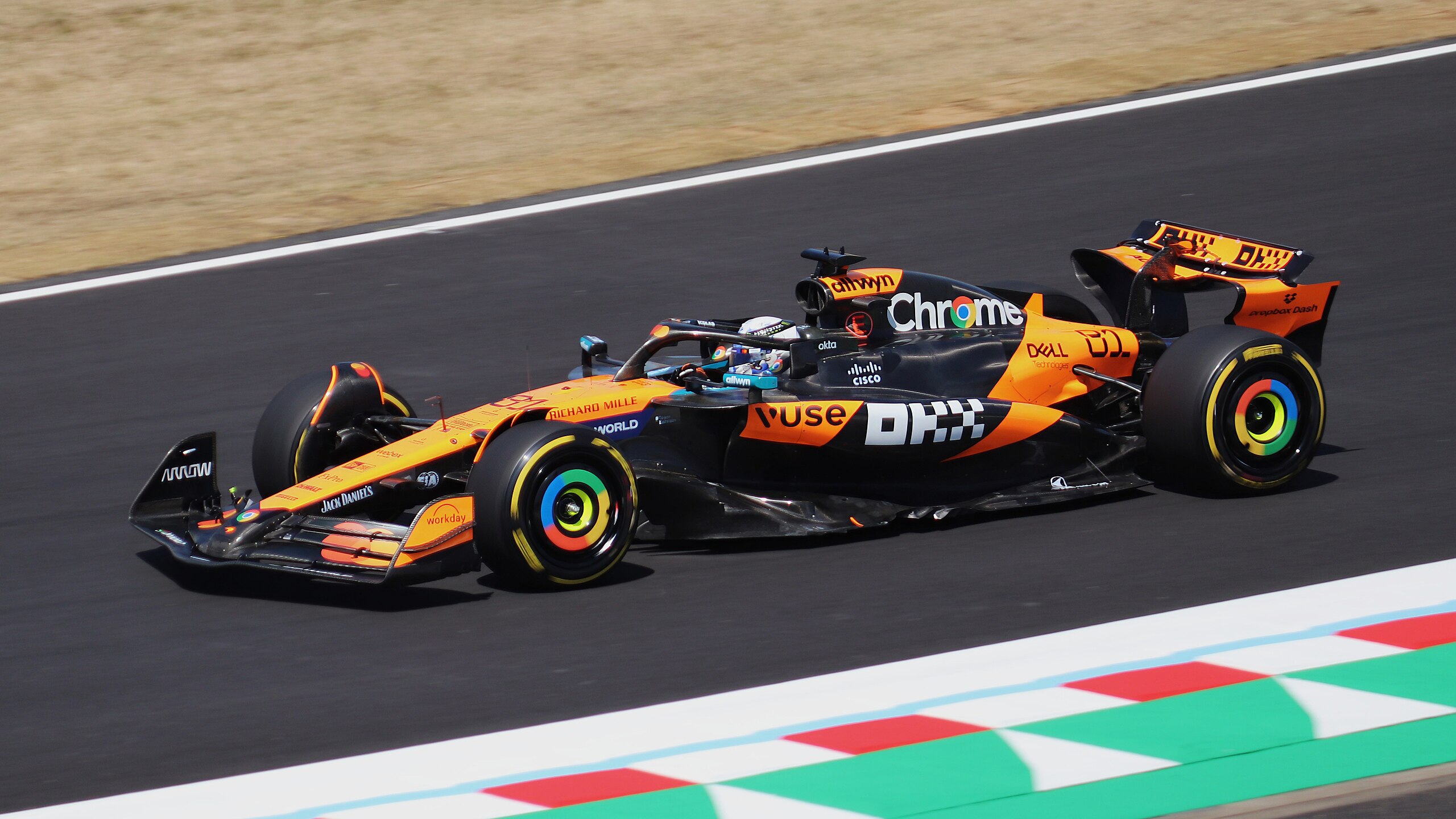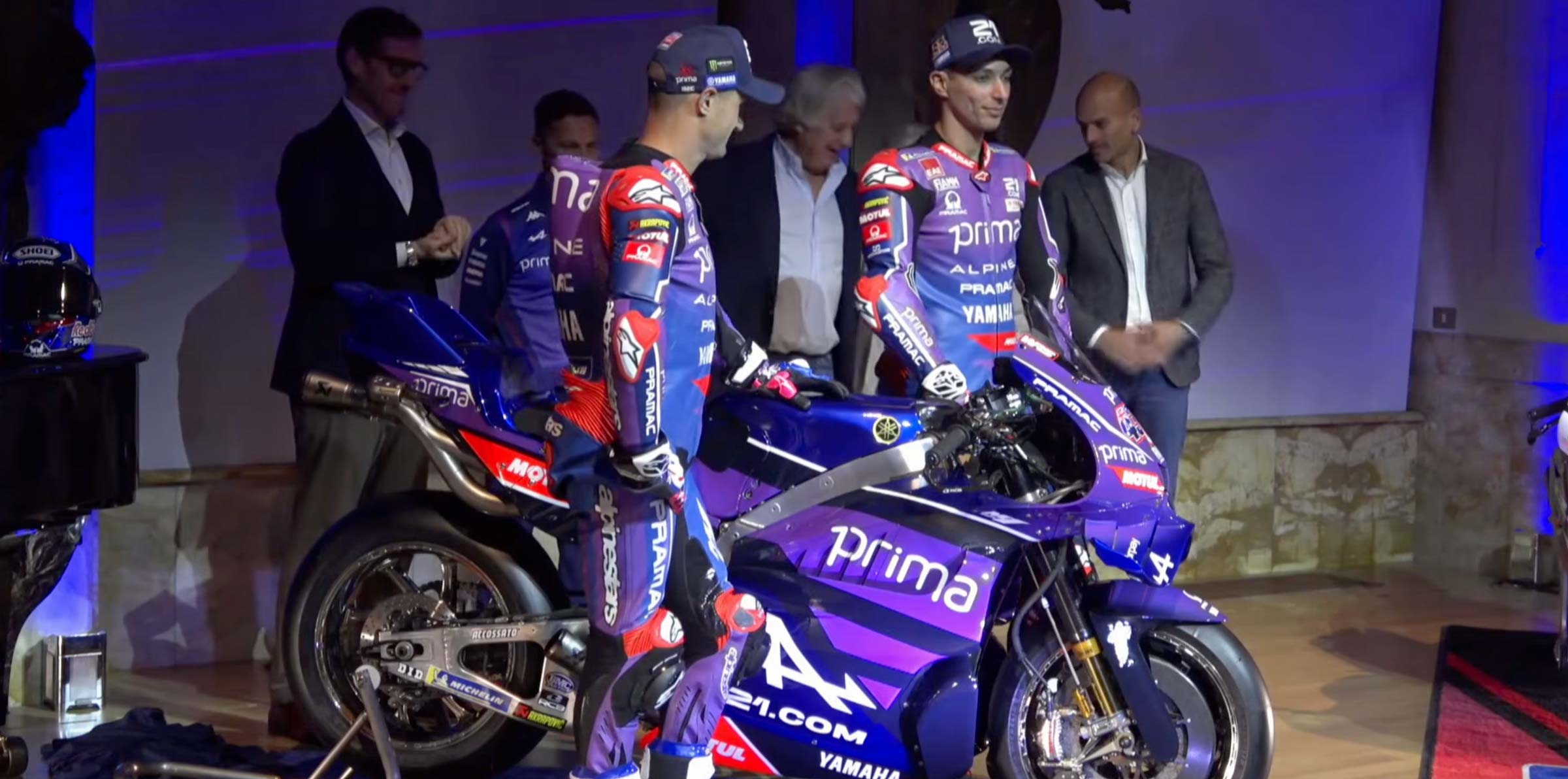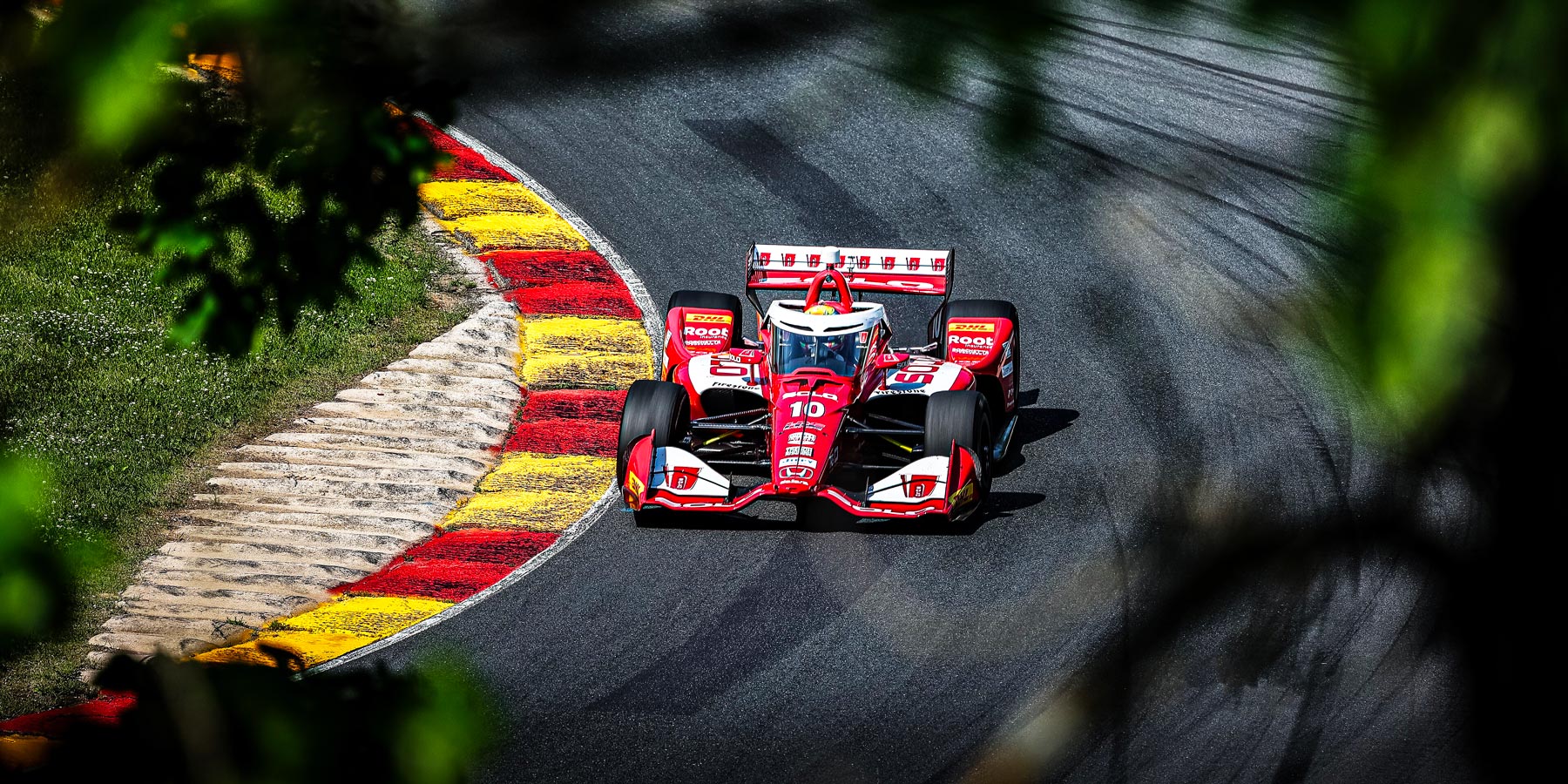Sports marketing agencies have a well-defined role in the sports marketing scenario: they do not just seek sponsorships but rather offer consulting services and support businesses that are willing to use sport as a marketing and communication tool with the scope of improving their sales and their positioning, as well as acquiring new customers. Let’s try to have a more in-depth understanding of the roles and competencies required from a sports marketing agency such as RTR Sports Marketing.
What is the role of a sports marketing agency?
The world of marketing is multifaceted, and for each single activity, a company has its own specific consultants. Many are the options at hand: conventional advertising agencies, PR agencies, agencies specializing in social media, product placement, media centers, reputation agencies, and crisis management agencies, just to mention a few.
When we talk about sports and investments in sponsorships, we feel like we find ourselves “within a gray area,” a strange and a bit confusing one. Are sponsorships a business of PR agencies or media centers? Who should we ask for professional advice? The most frequent answer you would get from any advertising agency is, “Of course, we can handle it,” although in most cases it is not their specific business sector. What does it take, after all? It only takes a phone call to a friend’s friend who will get you in contact with the athlete’s agent, who will introduce you to the business manager or the team.
Honestly, this type of approach shows that sport is often underestimated: as it is considered a typically “fun” and “entertainment” sector, it is often trivialized. In fact, when a company decides to invest in sports, it should do it with the same level of depth and specificity as to when negotiating a traditional ADV budget; in other words, in a rational and structured manner. In the UK or USA, sports marketing agencies are long-consolidated entities, actual consultants upon which companies rely when they decide to invest in sports as their marketing tool.
Sport marketing firms are specialized in one specific sector… guess what: sports! People who work in sports marketing agencies have an in-depth knowledge of the world of sports or of the world of the specific sports they handle; they know the market value and the right interlocutors on the market, and they know what to offer to clients based on the specific needs of each company/brand. We often happen to receive calls from prospective customers asking us for information on investments in specific disciplines—most frequently, the disciplines their bosses have indicated because they are heavy fans of them—and eventually, we convince them that another sport may be a better solution for their company/brand on the basis of actual data and objectives.
Competences of sport marketing firms
Thanks to the experience and the data it has at hand, a sports marketing agency is capable of suggesting the best strategy, identifying the best sports sector, and, within the sector, the most suitable discipline/team/player. The agency can also evaluate and define the level of investment and the marketing services included for each individual company.
As stated above, agencies know the world of sports and the disciplines they deal with. They know the market very well and the values of it; they have the right contacts and access to the right data, as well as the strategic knowledge required to maximize any investment. They can offer multiple alternatives: clients are, in fact, given several investment options, depending on their objectives, targets, investment type, and territories.
Moreover, as they know the business deeply, sports marketing agencies also have the expertise to exclude ineffective opportunities—a specific sport or discipline or testimonial, for instance, may not be the best or most effective solution for a company. They can do that because they don’t have to sell a specific “product” or subject: their mission is to try to understand and offer the best program for each specific client. Sports marketing agencies are real consultants that assist a company in selecting the best program to achieve the goals the company has set out for, and they follow the company throughout the process of implementation and use of the sponsorship programme.
Sponsorship is not merely about a brand/logo on a football shirt or on the motorcycle livery. There are promotional activities to activate, hospitality programs to organize, content to share, social media to involve, and sampling plans and events.
Sports sponsorship agencies: not a sponsor scouting
One activity a sponsorship agency or a sports marketing agency is typically not involved in, is sponsorship scouting. In other words, agencies are not engaged at all in finding sponsors for the teams, clubs, or athletes who need money to live through the season or the championship. Sports marketing agencies do exactly the opposite: they start with the companies and then get in touch with the right sports properties.
Normally, the managers of the athletes or the teams/clubs, or their sales departments, are in charge of selling advertising spaces and sponsorship packages. This is mainly due to the fact that there is no entity that knows the values, projects, and scope of action of a sports business (or a player, rider/driver, etc.) better than the sports business itself.
Obviously this is not a question of level or prestige: not offering sponsorship research is independent of whether you are talking to a promotion team or a Champions League club, a MotoGP rider or a young regional minimoto star.
RTR Sports: a sports marketing agency for MotoGP, Formula 1, Formula E, and MotoE
We have decided to specialize in motorsports. Initially, we did so initially partly out of personal passion, but especially because, apart from football, motorsports has a base of followers, both on TV and on the race tracks, that add value to investments. Championships such as MotoGP, Formula 1, and Formula E are a traveling “circus” that visits a different country every 15 days, 9 months a year. This aspect has a stunning value for companies that are interested in gaining international visibility or having businesses abroad.
Fans and supporters are spread all around the whole world: this may be challenging, but not for sponsorship programs, as they can deploy one unified and homogeneous communication strategy. Needless to say, MotoGP or F1 are not the “right” sports in all cases: they are not the right solution for every company—we have never stated this.
Any time we talk to prospects or existing customers, our goal is to try and understand the purpose of their investment in sports, the communication addresses, and the countries they are interested in. If engines are not the right world for them, then we have the opportunity and duty to investigate other sectors.
Enjoyed this post? Do not miss the chance to share it!









